Question And Answer
Publications
Articles, publications, books, tools and multimedia features from the U.S. Institute of Peace provide the latest news, analysis, research findings, practitioner guides and reports, all related to the conflict zones and issues that are at the center of the Institute’s work to prevent and reduce violent conflict.
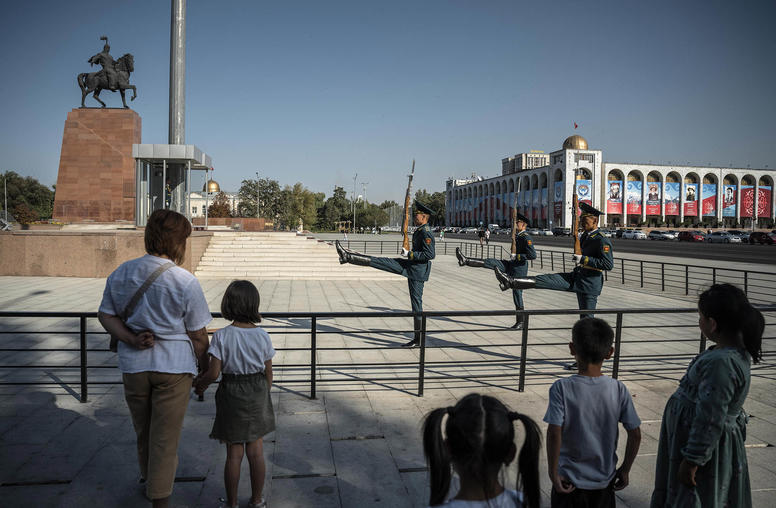
China Looks to Fill a Void in Central Asia
As the Group of Seven met at the end of last week in Hiroshima, Japan, China organized a summit with Kazakhstan, Kyrgyzstan, Tajikistan, Turkmenistan and Uzbekistan, marking a new chapter in Beijing’s engagement with the region. Central Asian states are looking for a new partner to help ensure their own security against domestic rebellions, as Russia’s war in Ukraine has limited Moscow’s ability to fulfill a longstanding role as a guarantor of domestic stability in the region. While most of the summit’s public discussion focused on economic and trade issues, China noted that it would help Central Asia enhance it’s law enforcement and security capabilities, which aligns with Beijing’s intensifying campaign for “global security.”
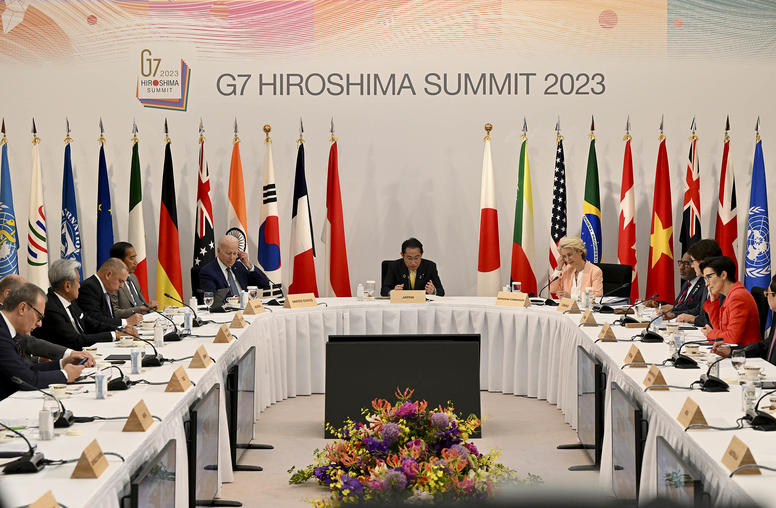
At the G7 Summit, Leaders Talk Tough on China but Moderate Tone
The major headline from this year’s G7 summit in Hiroshima was the appearance of Ukrainian President Volodymyr Zelenskyy and his push to end Russia’s war on his country. But another G7 concern, China, also featured prominently at the summit. While this year’s G7 leaders’ communique featured some more moderate language on China than last year’s, it also focused heavily on economic coercion, condemning a “disturbing rise” of the “weaponization of economic vulnerabilities” — a not too subtle jab at China’s economic statecraft. Still, even as U.S.-China relations remain tense, this year’s discussion of constructive engagement represents a shift more aligned with European and Japanese stances on how to deal with the challenges posed by China.

Carla Freeman on China’s Vision for a New Global Security Order
Chinese President Xi Jinping’s Global Security Initiative seeks to supplant the U.S.-led order, and it is gaining traction in the Global South. “There is a sense among developing countries that the international security order isn’t working that well for them,” says USIP’s Carla Freeman. “But none of these countries want to be forced to choose between the U.S. and China.”
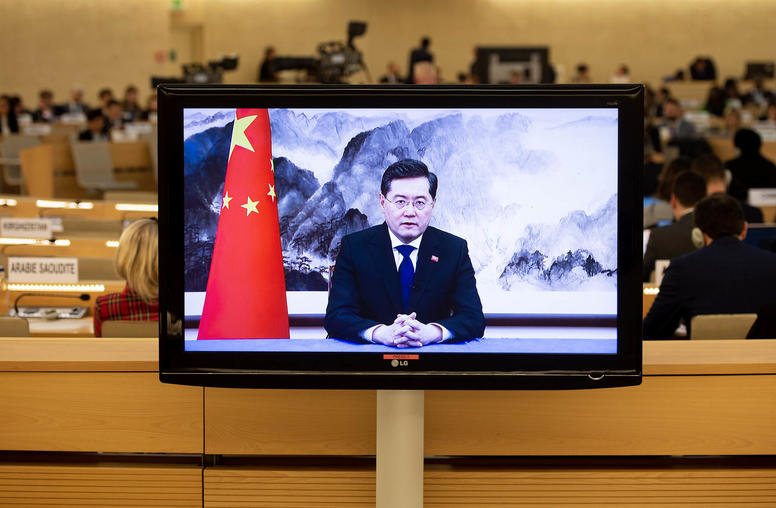
Five Takeaways from China’s Latest Diplomacy
China’s foreign minister, Qin Gang, has been on a whirlwind diplomatic tour in recent weeks, with high-profile meetings in Europe, Myanmar, Pakistan — where he also met with Taliban officials — and back home in Beijing with the U.S. ambassador to China. With U.S.-China relations as frosty as ever, Qin’s meeting with Ambassador Nicholas Burns signals that both sides want to manage better manage their differences. In Europe, Beijing is promoting its peace plan for Ukraine despite European concerns that Beijing is decidedly pro-Moscow. Meanwhile, amid crises in Afghanistan, Pakistan and Myanmar, China is wielding its clout to advance its own interests in spite of the implications for long-term stability.
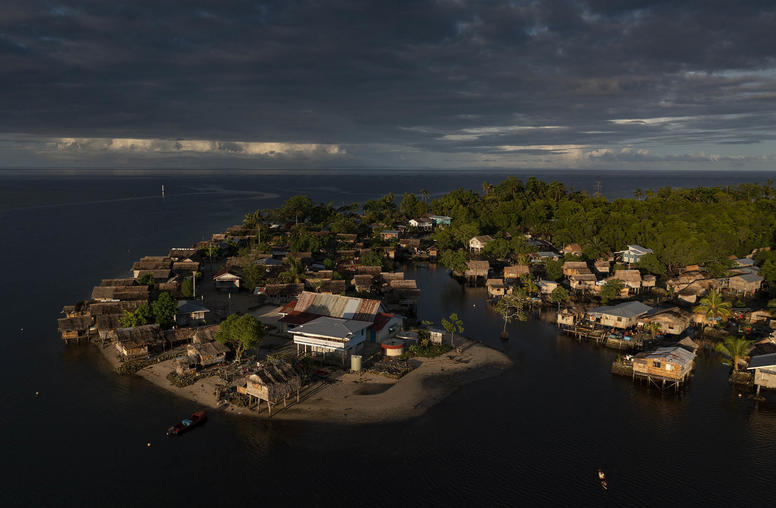
Pro-Taiwan Pacific Island Leaders Show Cracks in China’s Appeal
Most Pacific Island countries have formal diplomatic relations with Beijing. But at both the local and national level, some leaders are raising concerns about Chinese bribery, violations of sovereignty, clandestine intelligence operations and political interference in their countries, as well as the possibility that China may invade Taiwan. As Beijing forces its agenda on Pacific Island countries and competes with the United States for influence in the region, Washington should lead by example and build partnerships with the Pacific Islands that emphasize consulting with them as equals and focusing on areas of common interest, like climate change.
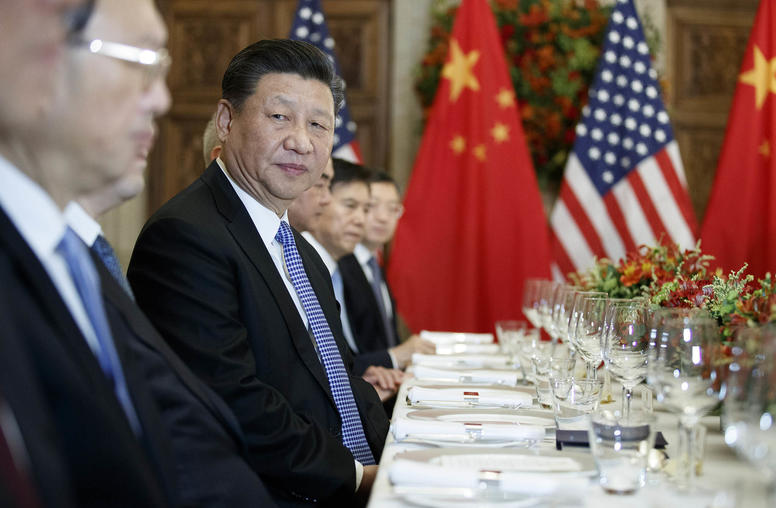
Xi Ramps Up Campaign for a Post-Pax Americana Security Order
Since China’s post-COVID opening in January of this year, Chinese leader Xi Jinping and his army of diplomats have begun intensifying their campaign for China’s Global Security Initiative (GSI). Xi first proposed the GSI last April, offering few details but saying the initiative would “promote security for all in the world.” Beijing has since elaborated in more detail through a Ministry of Foreign Affairs concept paper and has connected the GSI to its peace plan for Ukraine and the rapprochement it brokered between old rivals Iran and Saudi Arabia. Above all, the initiative aims to promote a vision of an alternative to the U.S.-led international order.
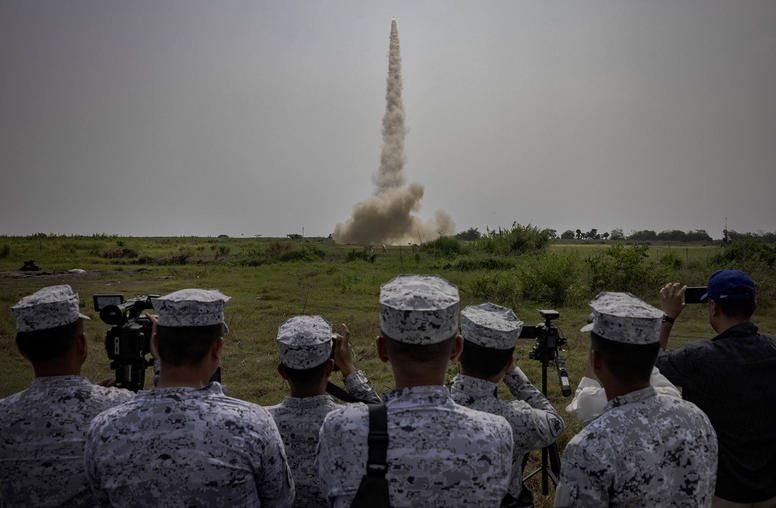
Marcos Meets Biden Amid Tightening Security Ties
Philippines President Ferdinand Marcos, Jr. is in Washington this week, capping off a period in which Washington-Manila ties have seen a sharp turnaround. During former President Rodrigo Duterte’s six-year tenure, he sought to align Manila closer with Beijing, but with ultimately little to show for it. Since taking office last June, Marcos has moved to reverse course, dramatically deepening the 70-year-old U.S.-Philippines security alliance amid China’s increasingly coercive actions in the South China Sea. It is expected that Marcos and President Joe Biden will announce this week plans for stepped up military coordination.
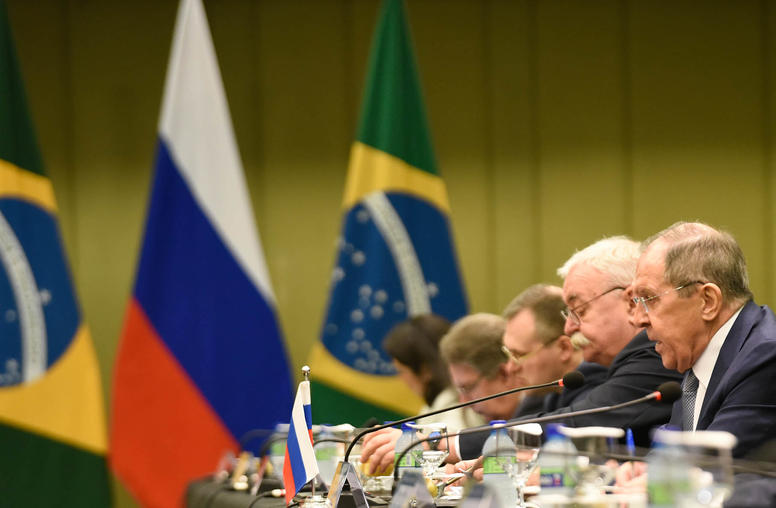
Lavrov in Latin America: Russia’s Bid for a Multipolar World
This past week, Russian Foreign Minister Sergey Lavrov completed a four-country tour of Latin America to reinforce Moscow’s alliances and foster growing partnerships in the region. During the trip, Lavrov met with the heads of state of Brazil, Venezuela, Nicaragua and Cuba in their respective countries, as well as another meeting with Bolivian emissaries during his stop in Venezuela. Lavrov used the opportunity to emphasize the key tenet of Russia’s newest foreign policy concept that was launched in the past month and is shared by regional powers like Brazil: The world is experiencing a revolution in which Western power is weakening and a new multipolar world is emerging.

Dean Cheng on U.S.-China Tensions Over Taiwan
With both U.S.-China and Taiwan-China relations at low points, the United States needs to maintain unity among its multilateral partnerships, says USIP’s Dean Cheng: “China loves to play bilateral games … because 1.3 billion people in the second largest economy gives them a lot of power and influence.”
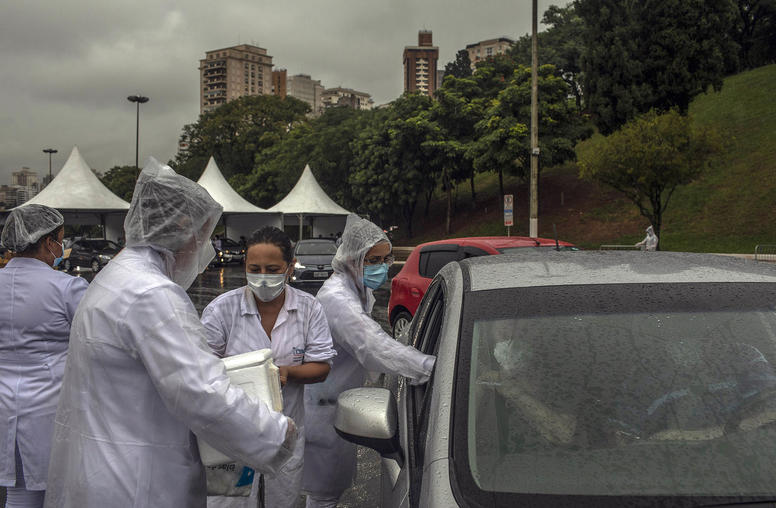
Brazil’s Economic Ties with China Flourish Despite Political Shifts
Much has been said about how Luiz Inácio Lula da Silva’s third presidency will move Brazil closer to China. Brazil is China’s most important trading partner in South America, and a new agreement to conduct bilateral commerce in their respective currencies rather than the U.S. dollar is expected to further boost bilateral trade. Strengthening China-Brazil relations, especially in the areas of trade and investment, will be at the top of the agenda when Lula meets Chinese President Xi Jinping in Beijing on April 14.